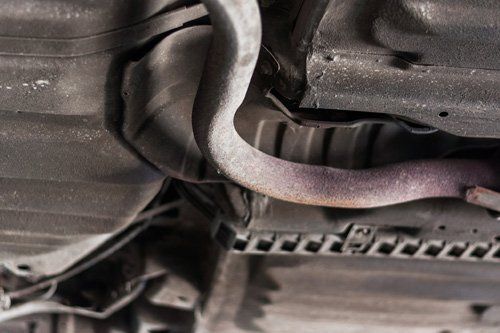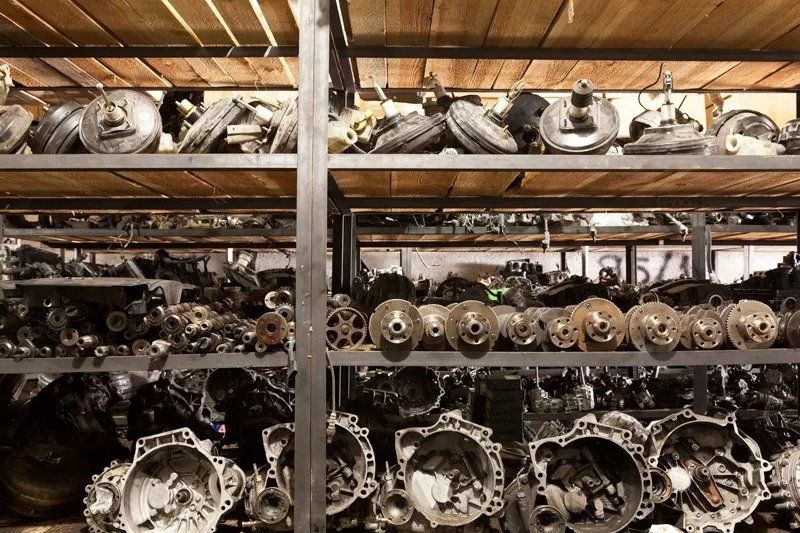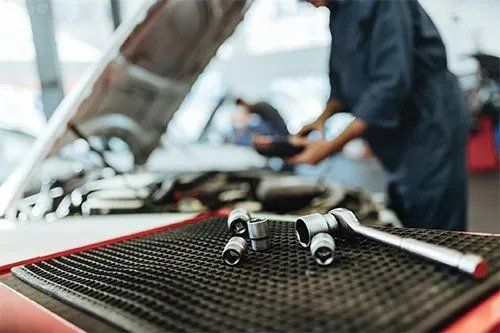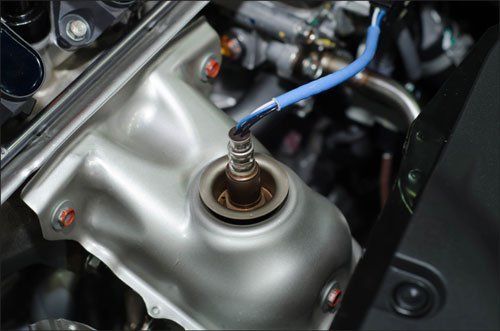Many people assume that the exhaust system on their car simply plays a passive role, allowing engine gases to exit your system in the least problematic place. Yet exhaust systems actually play a vital role in overall car performance, affecting everything from engine efficiency to the safety of the exhaust gases.
The importance of an exhaust system usually only comes into focus once problems arise. In particular, exhaust leaks can negatively affect your vehicle in a number of surprising ways. If you would like to learn more about your exhaust system, keep reading. This article outlines three common symptoms of an exhaust leak.
1. Odd Popping Sounds
One of the most common signs of an exhaust leak involves popping sounds coming from beneath your hood. More specifically, this sound tends to occur as the result of a leaky exhaust manifold. The component known as the exhaust manifold acts as the point of connection between your engine and the rest of your exhaust system.
To ensure an air-tight seal, a special gasket lies between the exhaust manifold and the engine. This exhaust manifold gasket experiences a lot of structural stress as the result of high temperatures. Eventually the gasket may develop cracks. If these cracks continue all the way to the edge of the gasket, they may allow exhaust to escape.
Be aware that engine popping sounds may indicate a range of different problems, including faulty belts, dirty fuel injectors, and incorrect engine compression. Pay attention to how the popping sound responds when you rev your engine. If the sound speeds up, you likely have an exhaust leak on your hands.
2. Decreased Performance
As an exhaust manifold gasket warms up with your car, it often expands enough to seal off any cracks. Such expansion can make it hard to diagnose a cracked gasket - and hence an exhaust leak - by sound alone. Any noises will cease once the gasket has swelled up enough to seal off the crack.
Another strong indication that you have a bad exhaust manifold gasket involves inexplicable performance decreases. You may notice that your car has a harder time accelerating or generating its usual amount of power. More importantly, you may find that your fuel economy has suddenly begun to nose dive.
A leaky exhaust manifold gasket means that, instead of passing out through your exhaust pipe, exhaust gases may escape directly under your hood, where it can be sucked into the vehicle's cabin. These gases also often end up getting sucked back in through your air intake, leading to less than efficient combustion.
Likewise, an exhaust leak also often affects the ability of your oxygen sensor to take correct readings. The oxygen sensor measures oxygen levels in the exhaust leaving your car. An incorrect reading can cause your engine to increase or decrease the amount of fuel it sends to the engine.
The faulty information provided by the oxygen sensor often has the net result of decreasing the efficiency of your engine, thus lowering the miles you get per gallon.
3. Unusual Vibrations
Regardless of where it exists in your system, an exhaust leak often leads to an unusual amount of vibration in your car. Such vibrations may affect your gas pedal, steering wheel, or gear shifter. To understand why this happens, you must appreciate that exhaust travels out of your engine at an incredibly high speed.
An exhaust system has a streamlined design meant to facilitate the smooth passage of exhaust gases out of your car. Even a tiny leak allows exhaust to escape in places where it shouldn't, creating turbulence in the overall flow. The larger the leak hole, the harsher the vibrations will feel inside of your car.
Exhaust leaks hurt your car's performance and lead to higher fuel bills. Fortunately, car owners can replace defective parts at a fraction of the cost by choosing a quality used component. For more information, please
contact the experts at Advantage Salvage & Auto Parts LLC.
A rebuilt engine isn't the most common car repair, but there are a few times when a rebuild is the best repair for the situation. Learn more about them.
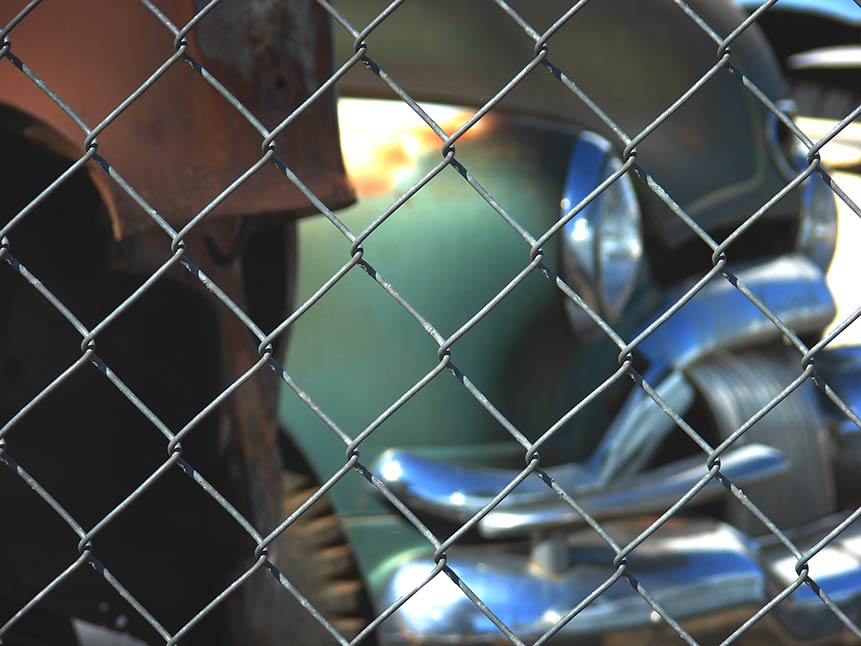
Salvage auto part yards are a source of great bargains for those who want to replace parts on their vehicles. However, those who have never purchased from a salvage yard before should learn a few things about how to do business with a salvage yard. The following are six mistakes you need to avoid if you go to a salvage yard to look for used auto parts.

